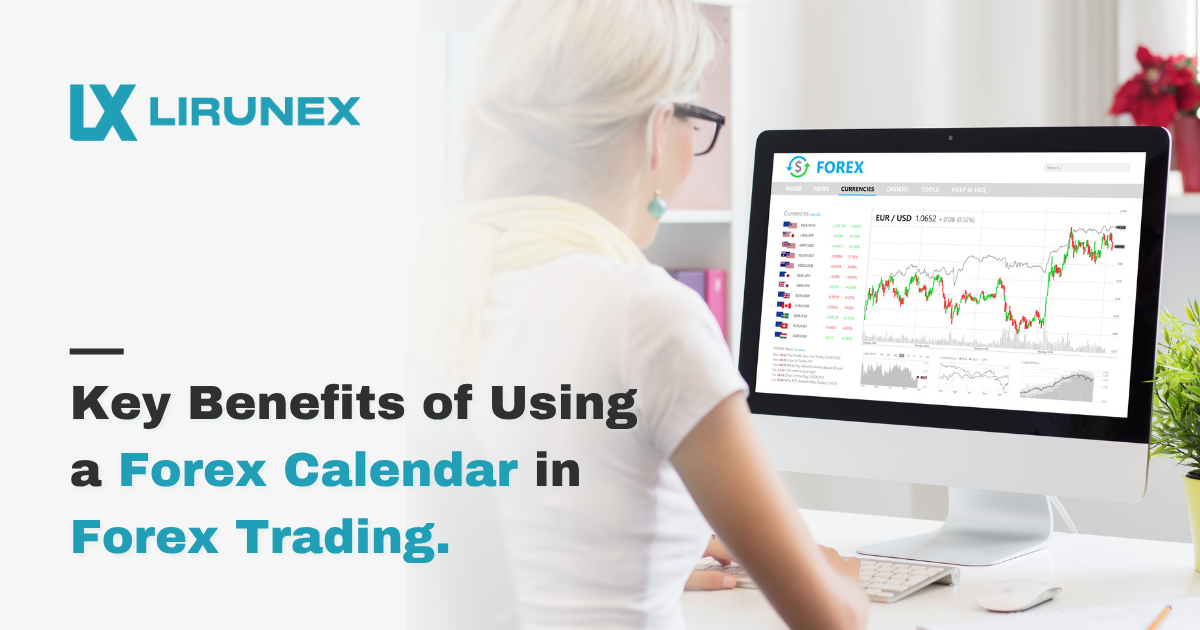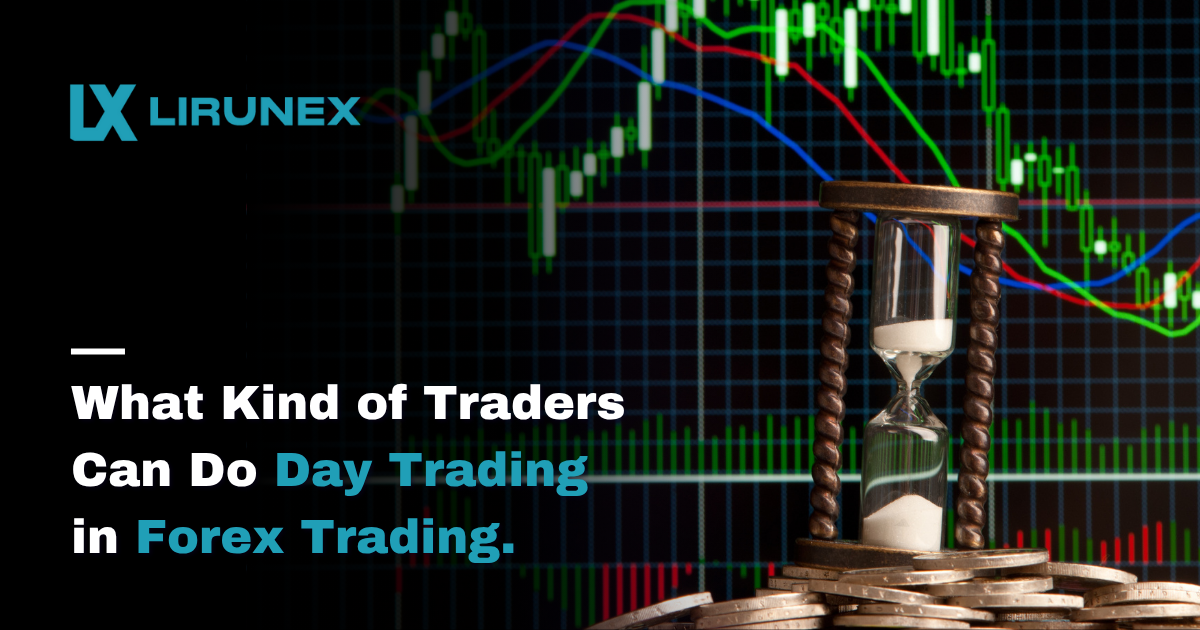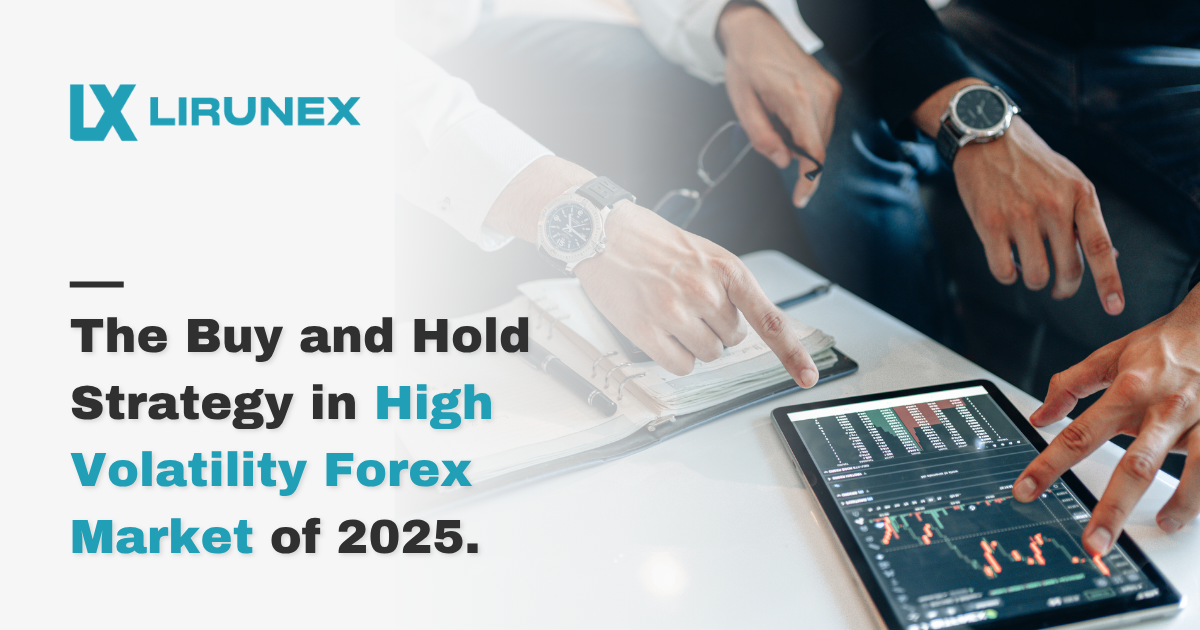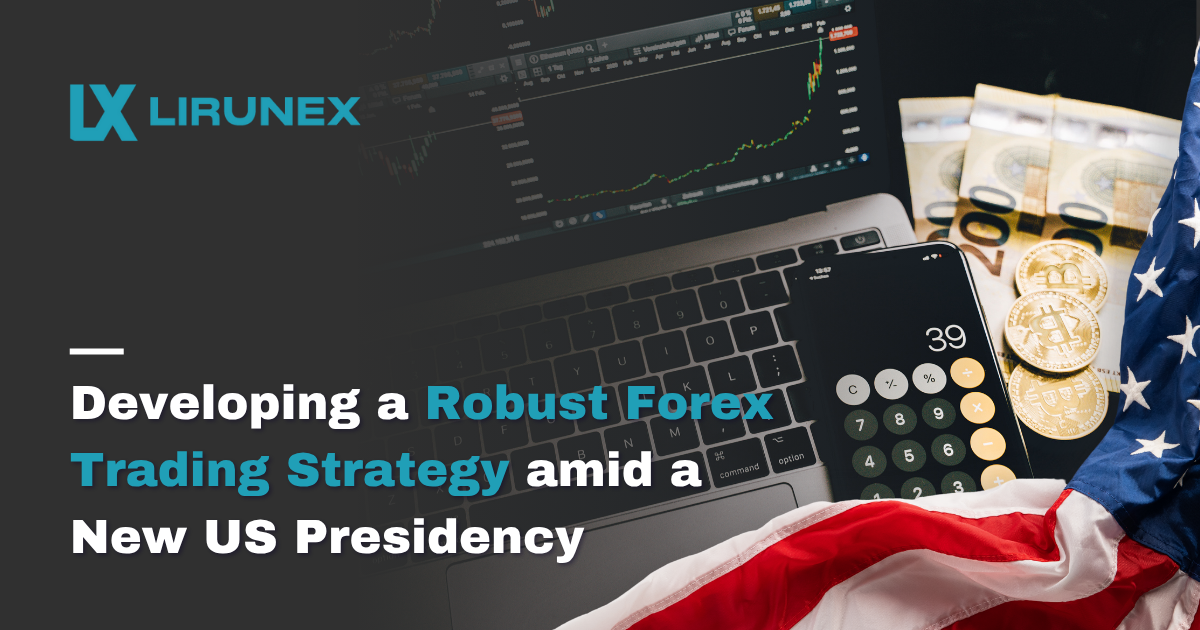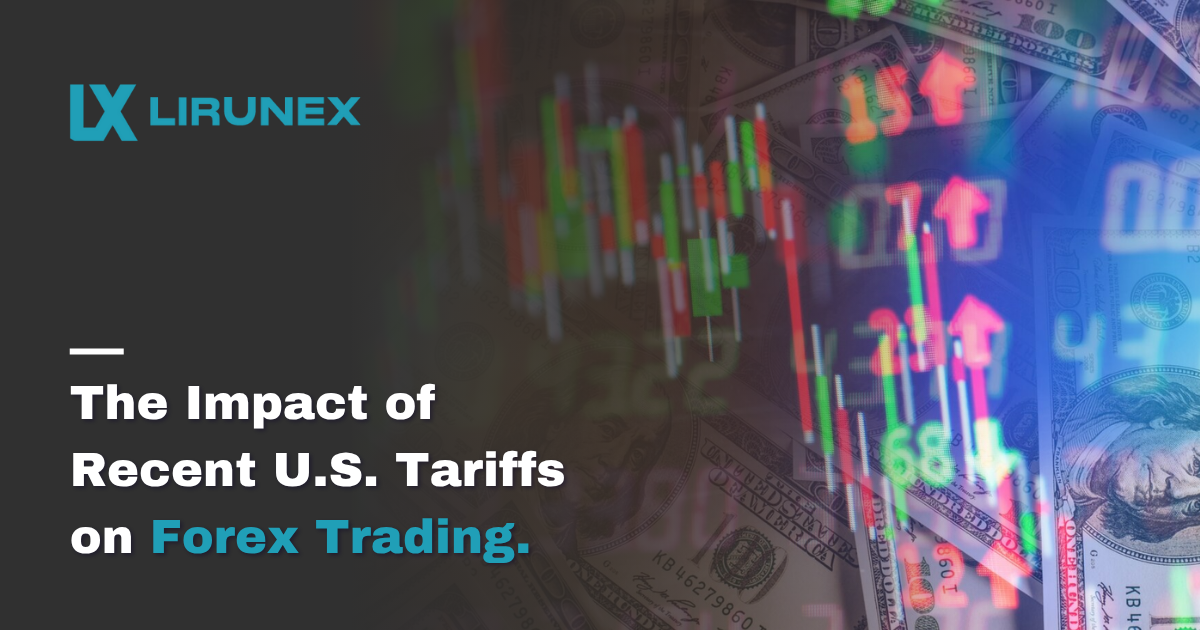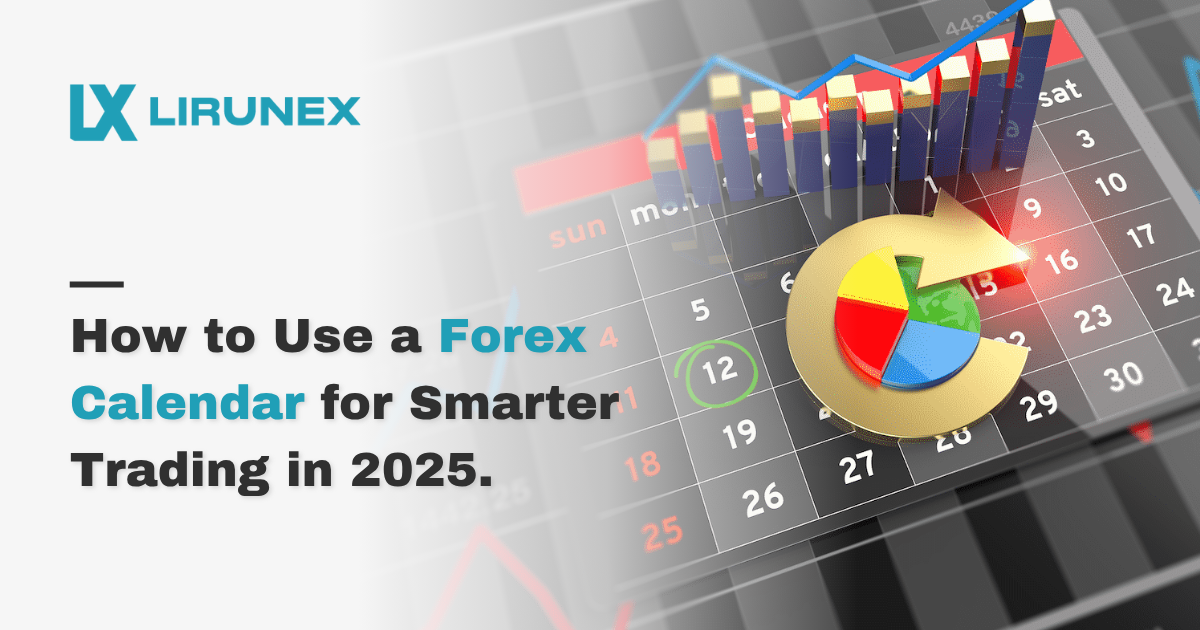
Introduction: Don’t Just Pick Any Broker—Choose the Right One
Choosing a forex broker isn’t just about signing up and placing trades. The platform you select will directly affect your trading experience, from the way you enter the market to how easily you can withdraw your profits.
With so many brokers out there promising tight spreads, fast execution, and advanced tools, it can be hard to separate marketing from reality. But by focusing on a few key areas, you’ll know exactly what to look for when choosing a forex broker.
This guide will walk you through the must-have features and non-negotiables every trader—beginner or experienced—should check before opening an account.
The first and most important factor is regulation. A regulated broker operates under strict guidelines that protect traders from fraud and abuse. It ensures your funds are handled properly, and you have legal recourse if things go wrong.
- Licensed by a reputable financial authority
- Transparent about their regulatory status
- Offering segregated accounts for client funds
- Following AML (Anti-Money Laundering) and KYC (Know Your Customer) protocols
If the broker isn’t regulated, consider it a red flag.
Even the best features are useless if the platform is confusing or unreliable. Whether you’re trading on desktop or mobile, the platform should offer:
- A user-friendly interface
- Fast order execution
- Real-time data and charting tools
- Easy navigation across features like deposit, withdrawal, and trade history
- Smooth operation without lags or crashes
The easier it is to use, the faster you can respond to the market—and that can make all the difference.
3. Demo Account Availability
A good broker lets you test the platform before risking real money. Demo accounts simulate real trading environments with virtual funds, allowing you to:
- Practice placing trades
- Test different strategies
- Explore platform tools and features
- Build confidence before going live
If you’re still choosing a forex broker, demo trading can help you compare multiple platforms and decide which one fits your style.
4. Costs and Spreads
Every broker has a different pricing structure. You’ll typically pay through spreads, commissions, or both. Understanding these costs upfront helps you avoid surprises later.
Look for:
- Transparent fee disclosure
- Competitive spreads on major currency pairs
- Reasonable or no deposit/withdrawal fees
- No hidden commissions or markup practices
The cheaper it is to enter and exit trades, the better your potential return—especially if you’re a frequent trader.
5. Copy Trading and Other Features
Many traders, especially beginners or busy professionals, look for copy trading functionality. This allows you to follow and automatically replicate the trades of expert traders.
A strong platform should also offer:
- Risk management tools (like stop loss and take profit)
- Economic calendar integration
- Technical indicators and charting tools
- Automated trading (EAs or bots) for advanced users
- Educational resources and support
The more complete the platform, the easier it is to grow as a trader.
6. Support and Customer Service
Fast, knowledgeable support can save you time, money, and frustration—especially when trading real funds.
Before you commit to a broker, check if they provide:
- Live chat, email, and phone support
- Local language assistance
- Quick response times
- Help with technical issues, account verification, and withdrawals
Good customer service is often what separates a good broker from a great one.
There’s no one-size-fits-all when it comes to choosing a forex broker. Your ideal platform should match your skill level, trading goals, and preferences.
If you’re looking for a broker that combines strong regulation, user-friendly platforms, demo trading, copy trading, and fast customer support—Lirunex checks all the right boxes.
Take your time, do your research, and don’t rush the decision. The right platform can support your growth, while the wrong one can set you back.
Trade smarter by starting with the right foundation.
